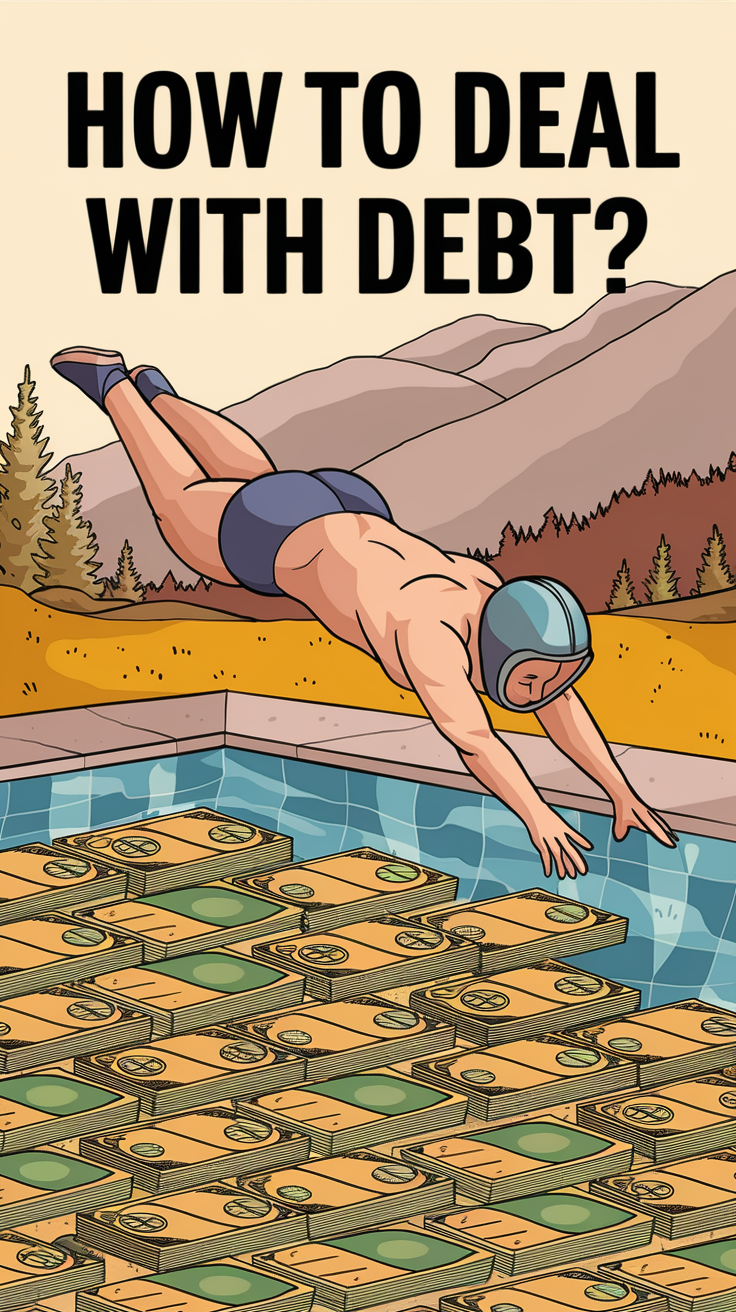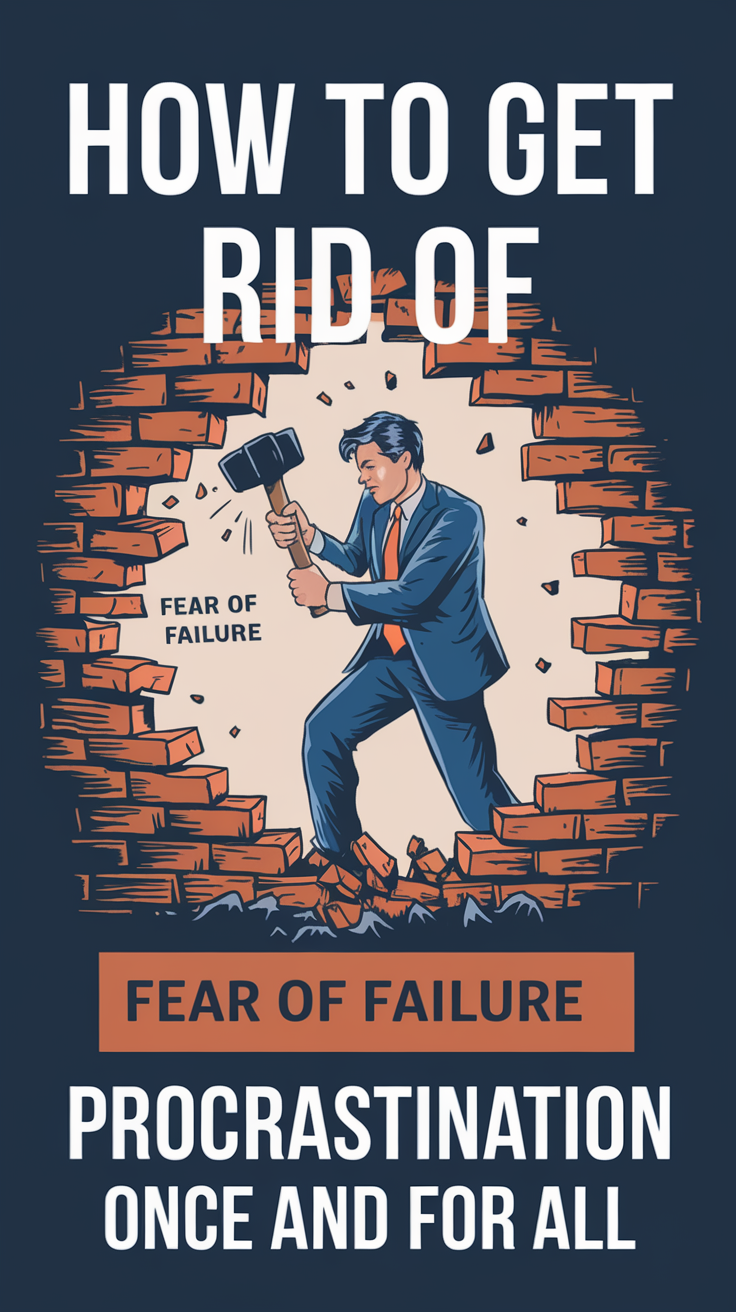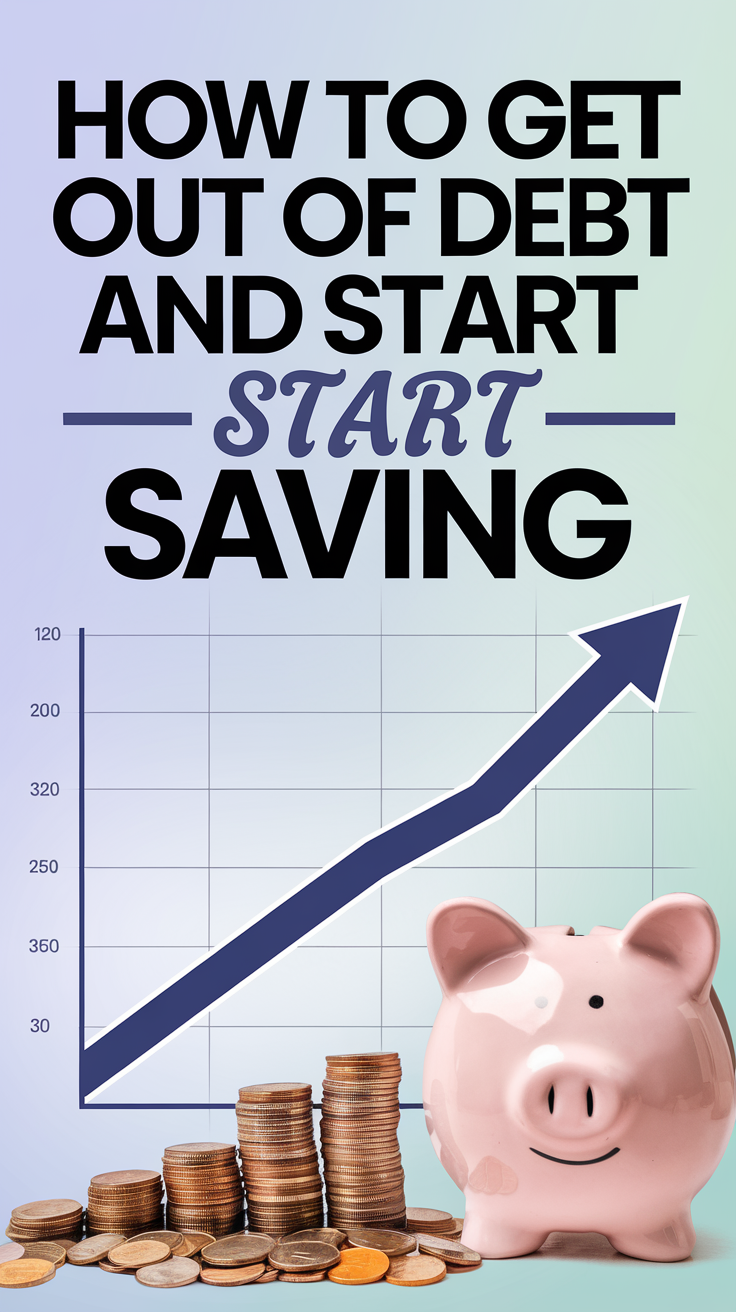How to Mentally Deal with Debt
Dealing with debt can be emotionally draining. I know what it’s like to feel overwhelmed, constantly worrying about payments and wondering if you’ll ever break free. On the bright side, managing the mental toll of debt is achievable with the right strategies. Let me walk you through steps that can help you regain control of your finances and peace of mind.
Understanding the Emotional Impact of Debt
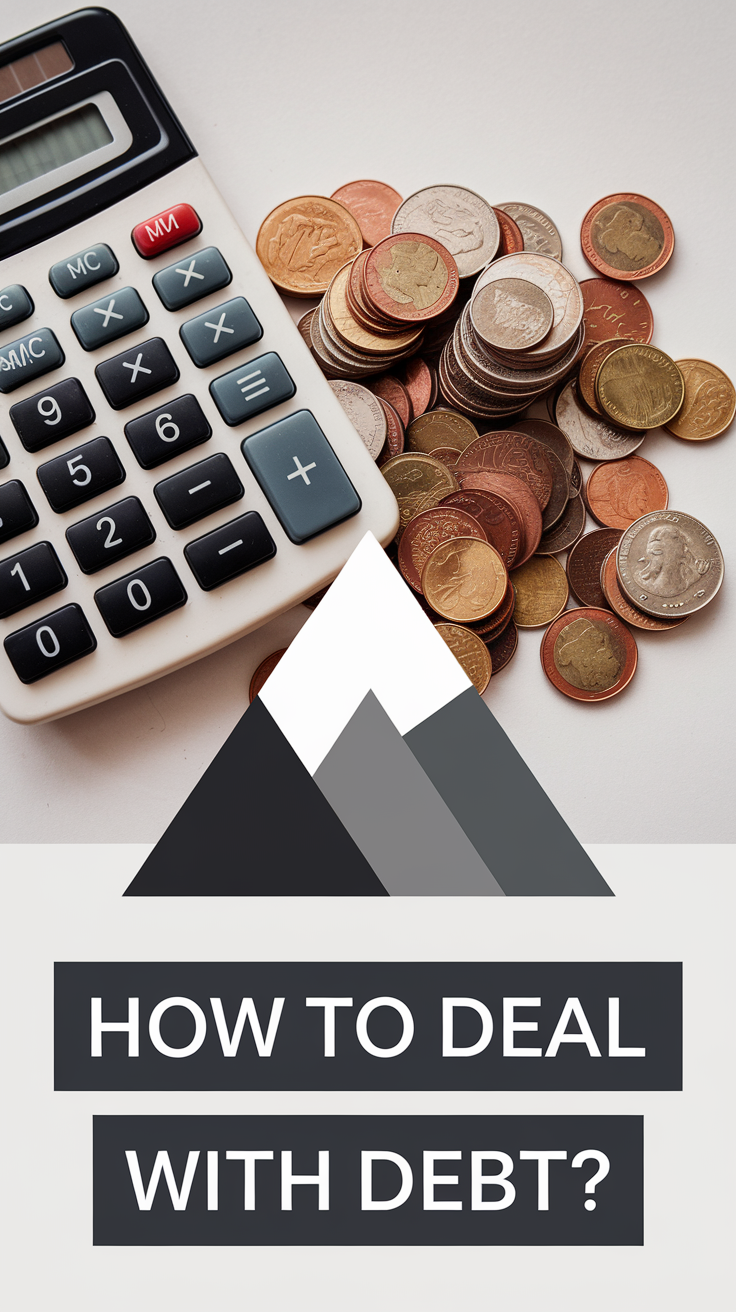
Debt doesn’t just affect your wallet—it hits your mind and emotions hard. Stress, anxiety, and even depression often follow financial struggles. This emotional strain can:
- Disrupt sleep and focus.
- Cause tension in relationships.
- Lower your self-esteem.
Recognizing these impacts is empowering. Once you’re aware of how debt affects you emotionally, you can begin tackling it both financially and mentally.
Strategies to Mentally Cope with Debt
Acknowledge Your Financial Situation
Facing the reality of your debt head-on is the first step to recovery. When I started listing my debts, it felt daunting, but it gave me clarity. Here’s how to do it:
- Write down all your debts (credit cards, loans, etc.).
- Include interest rates, due dates, and minimum payments.
- Categorize them based on urgency.
Pro Tip: Use tools like spreadsheets or debt management apps to keep everything organized.
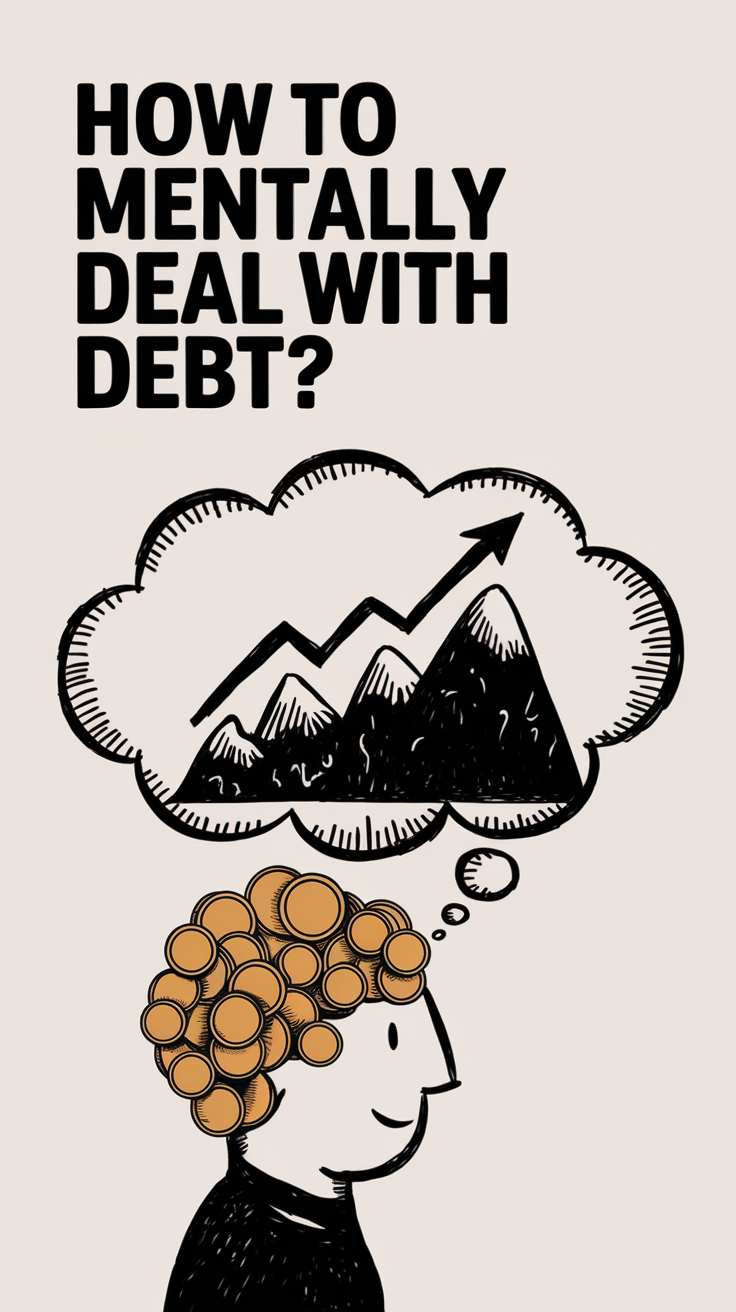
Shift Your Mindset
Debt can feel like a personal failure, but it’s not. Changing how you view your debt is crucial:
- Think of debt as a challenge to overcome, not a permanent burden.
- Replace negative self-talk with affirmations like, “I am taking control of my finances.”
Create a Debt Management Plan
A solid plan transforms chaos into control. Here’s a simple example:
| Step | Action | Outcome |
|---|---|---|
| 1. Prioritize | Focus on high-interest debts first. | Reduces overall cost. |
| 2. Snowball | Pay off small debts quickly for motivation. | Builds confidence and momentum. |
| 3. Track | Monitor progress weekly or monthly. | Keeps you accountable and focused. |
You might prefer the snowball method for its motivational boost or the avalanche method for saving on interest. The key is consistency.
Building Emotional Resilience
Managing debt is as much about mental health as it is about numbers. Strengthen your emotional resilience with these practices:
- Mindfulness and Relaxation: Techniques like deep breathing and yoga can calm your mind.
- Physical Exercise: Even a 30-minute walk can help clear your thoughts.
- Gratitude Journaling: Focus on what’s going well in your life, despite the debt.

Visualize Your Progress
Sometimes, seeing is believing. Create a debt tracker or a vision board to visualize your debt-free goals. Here’s an example table for tracking debt repayment:
| Debt Name | Starting Balance | Monthly Payment | Current Balance |
|---|---|---|---|
| Credit Card 1 | $3,000 | $200 | $2,200 |
| Personal Loan | $5,000 | $250 | $4,250 |
Regular updates can boost motivation as you see your balances shrink.
Seek Support and Professional Advice
Dealing with debt alone can be isolating. Reach out for support:
- Talk to trusted friends or family: Sometimes, a listening ear makes all the difference.
- Debt counseling services: Professionals can help you create tailored repayment plans.
- Support groups: Groups like Debtors Anonymous provide a safe space to share and learn.
FAQs
1. How can I stay motivated to repay debt?
Set small, achievable goals and celebrate milestones. For instance, treat yourself to a small indulgence when you pay off a credit card.
2. What’s the best debt repayment strategy?
It depends on your personality. Use the snowball method if small victories motivate you or the avalanche method for maximum financial savings.
3. How do I explain my debt situation to family?
Be honest and transparent. Share your repayment plan to show you’re actively addressing the issue. Set boundaries if needed.
4. Can mindfulness help with debt stress?
Yes. Practices like meditation or journaling reduce anxiety and help you stay focused on solutions.
5. Should I consider debt consolidation?
Debt consolidation simplifies payments and can reduce interest rates. Consult a financial advisor to see if it’s right for you.
Conclusion
Managing debt isn’t just about numbers; it’s about your mindset and emotional well-being. By acknowledging the situation, creating a clear plan, and focusing on mental health, you can regain control of your finances—and your life. Remember, this is a journey, not a race. Celebrate small victories and never hesitate to seek support. You’ve got this!
